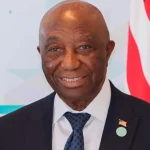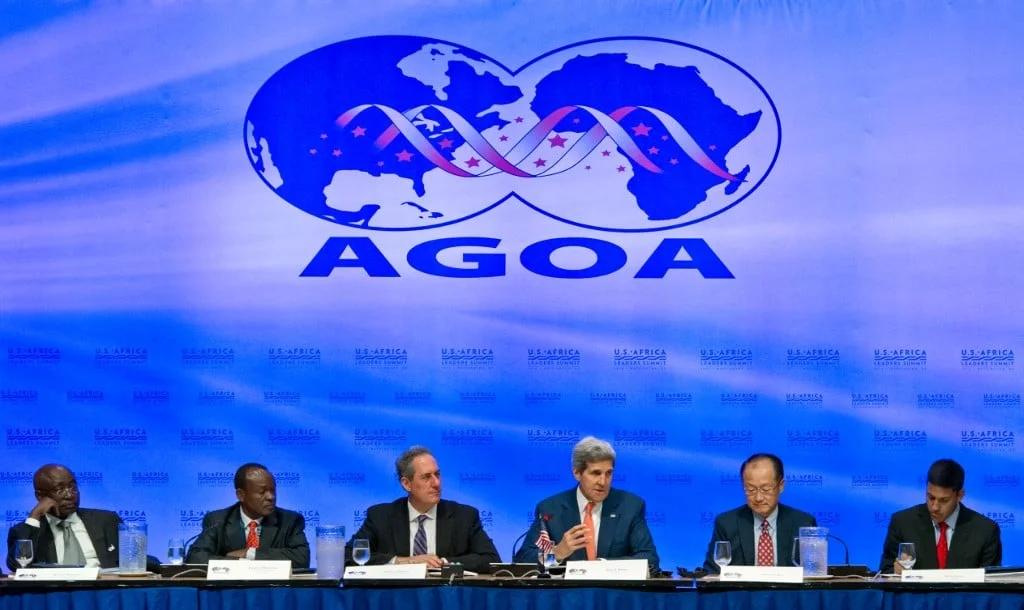NCS and NCC Strengthen Collaboration
The Nigerian Customs Service (NCS) has announced a deeper partnership with the Nigerian Communications Commission (NCC) to strengthen the monitoring of imported communication devices. The move is aimed at boosting government revenue, enhancing national security, and protecting consumers from counterfeit or substandard telecom equipment.
The Comptroller-General of Customs (CGC), Adewale Adeniyi, disclosed this during a courtesy visit by Aminu Maida, the Executive Vice Chairman and CEO of the NCC, at the Customs House in Maitama, Abuja.
Why Monitoring Imported Devices Matters
Adeniyi explained that Customs’ responsibilities now go beyond revenue collection. The unchecked importation of mobile phones, telecom devices, and network boosters poses significant national security and public safety risks.
He noted that:
- Technology imports must undergo proper certification and classification under the Customs tariff regime.
- Only authorised importers should be permitted to bring devices into the country.
- Customs officers will undergo training on certification processes in line with NCC standards.
NCC’s Device Management System (DMS)
During the meeting, Aminu Maida highlighted the role of the NCC’s Device Management System (DMS), a platform designed to:
- Track all imported phones using their International Mobile Equipment Identity (IMEI) numbers.
- Block counterfeit and uncertified devices from connecting to Nigerian telecom networks.
- Improve the quality of telecom services by ensuring subscribers use only certified devices.
Maida stressed that poor service quality is often caused by substandard phones, regardless of the investments operators make in their networks.
He also warned about the dangers of unauthorised network boosters, which can distort signals and degrade service quality. The NCC urged Customs to restrict their importation to protect both networks and consumers.
Consumer Protection and Public Safety
The NCC boss emphasized that both agencies must work together to:
- Prevent revenue leakages.
- Strengthen consumer protection.
- Address growing urban safety challenges, especially in cities like Abuja where clusters of high-rise buildings, religious centres, and sensitive institutions require heightened vigilance.
Background: NCC’s Battle Against Fake Phones
The NCC has long fought against the influx of counterfeit and substandard phones in Nigeria.
- In 2022, the NCC confirmed 1,843 approved phone models for the Nigerian market.
- Despite this, thousands of fake phones continued to flood markets, often sold at cheaper prices than certified brands.
- These uncertified devices degrade network quality and pose serious health and security risks.
The DMS project, operating under a Public-Private Partnership (PPP) model, is expected to cover Nigeria’s estimated 200 million telecom subscribers, providing a central control point for monitoring all devices connected to national networks.











